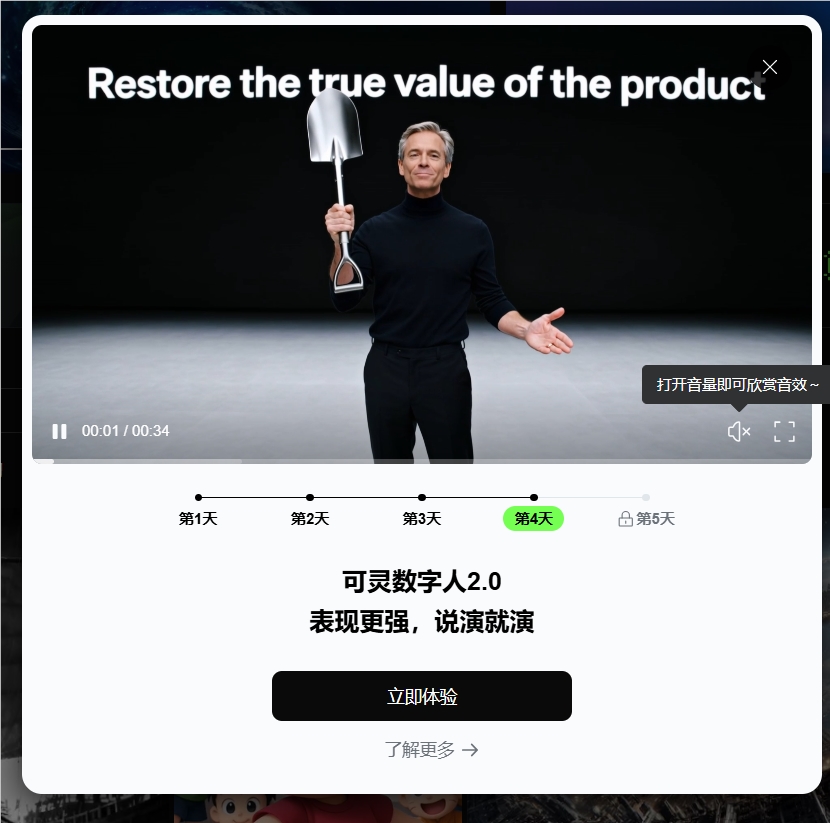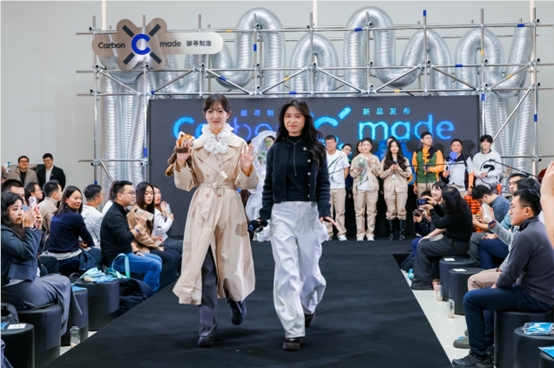Recently, browser manufacturer Opera officially launched its AI-driven Neon browser, aiming to provide users with a smarter online experience. The highlight of the Neon browser is its ability to create applications through AI prompts, as well as a feature called "cards" that enables reusable prompts. This innovation positions Opera alongside companies like Perplexity and The Browser Company in the pursuit of a more intelligent browser.

Opera had announced earlier this year that it was developing the Neon browser, which was previously in a closed beta phase. Now, Opera is starting to send invitations to some users, allowing them to use the browser for $19.99 per month.
Opera's Vice President Krystian Kolondra said in a statement: "We have created Opera Neon for ourselves and for users who regularly use AI. Today, we welcome our first users, helping us shape the future of smart browsing together."
The main features of the Neon browser include a chatbot that can interact with users and answer various questions. A more intelligent feature is "Neon Do," which helps users complete various tasks. For example, it can summarize Substack blogs and post the summaries to a Slack channel. Since Neon can access users' browsing history, users can also ask it to extract information about YouTube videos watched last week or articles read yesterday.
In addition to these features, Neon has the ability to write code, helping users create visual reports with tables and charts. It is currently unclear whether users can share these mini-applications with others.
Similar to The Browser Company's Dia browser, Neon allows users to create reusable prompts, known as "cards." Users can combine cards such as "extract details" and "comparison table" to form new prompts for comparing different products. Users can either use cards created by the community or design their own.
Neon also adds a new label organization feature called "tasks," allowing users to combine AI chats and labels into workspaces. This feature is somewhat similar to the "spaces" feature in Arc browser combined with label groups, providing users with a more context-aware AI experience.
In demonstrations, Opera showed how Neon can help users complete tasks, such as ordering groceries for users. However, previous demonstrations often failed to reflect real-world scenarios, especially for AI products. Therefore, Neon needs to prove its capabilities in actual use.
With the launch of this browser, Opera directly competes with products like Comet and Dia from Perplexity. Meanwhile, major tech companies like Google and Microsoft are also adding more AI-driven features to their browsers. Unlike competitors, Opera positions Neon as a paid product specifically designed for efficient users.
Key Points:
🖥️ Opera launched an AI-driven Neon browser, aiming to enhance users' smart online experience.
🤖 The Neon browser features an interactive chatbot and intelligent task management capabilities, capable of completing multiple tasks.
📊 The newly added card feature allows users to create reusable prompts, improving work efficiency and browsing convenience.







